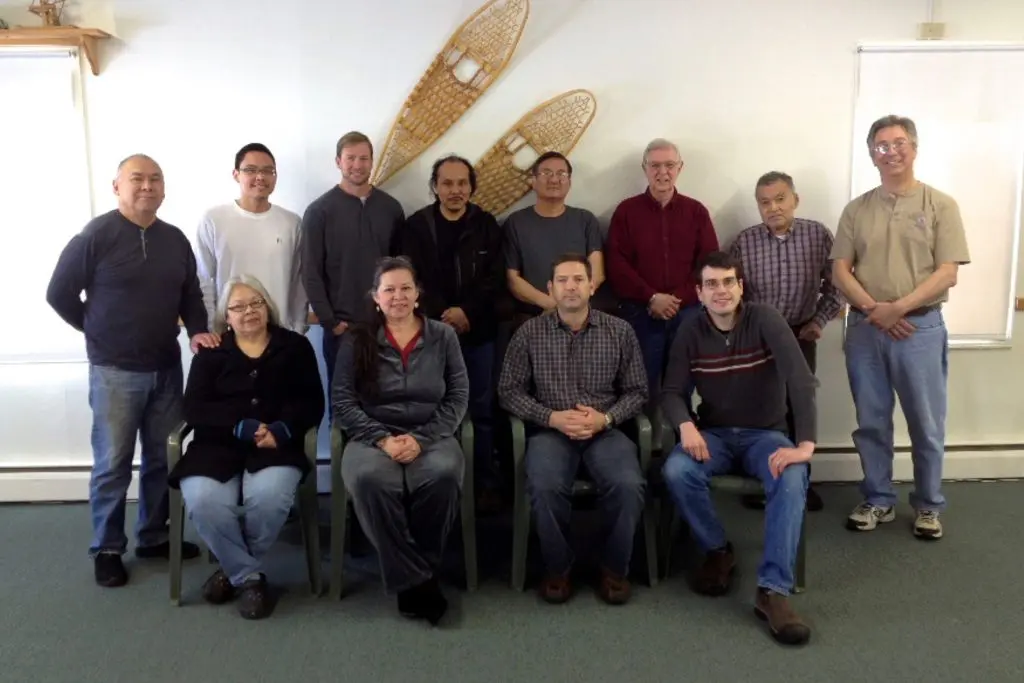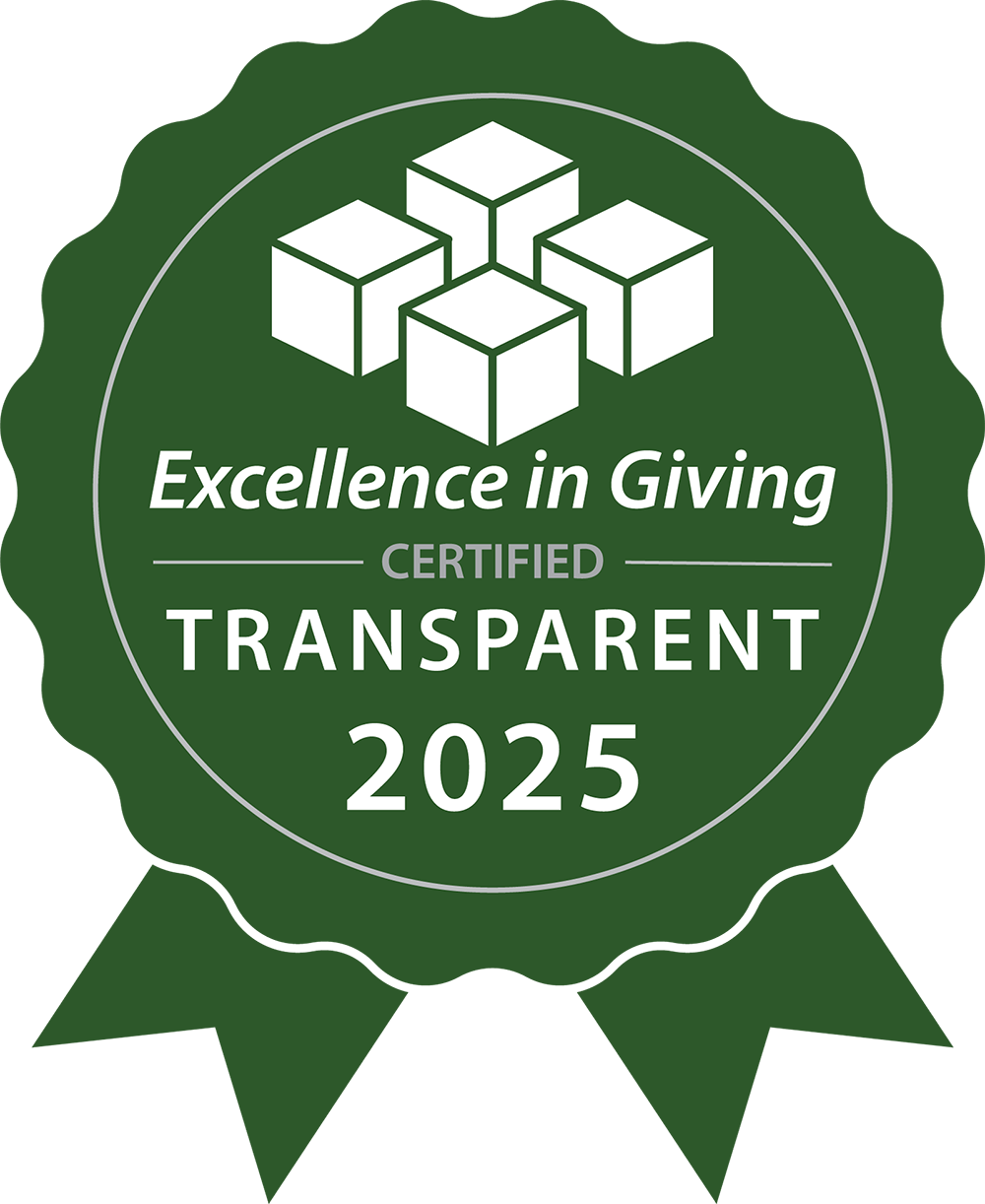
The Spoken Worldwide team is an unassuming group of everyday folks that have an unbridled passion for Jesus. Each of us is uniquely equipped to help share the gospel with oral communities. Together, we help make disciples of all nations (Matt 28:19-20).
Today, we’d like to introduce you to John Ferch who has served as an Oral Bible Translation Consultant/Trainer since 2021. John shares his journey in ministry and his dedication to serving indigenous and oral people groups.
What brought you to Spoken? For six years, I served at a traditional Bible college in Alaska, training students for pastoral ministry. I found that while Caucasian students from the “lower 48” tended to excel in this environment, my indigenous students from Alaska’s rural villages often seemed to fall through the cracks, academically speaking. I began searching for more effective ways to disciple these oral learners for ministry roles. This became the focus of my doctoral dissertation, and eventually led me to Spoken, where I am excited to use oral, relationally-oriented methods to equip oral people for ministry.
Are you married? Do you have children? Yes, my wife (Katie) and I are going on 16 years of marriage and we have three children: Eli (12), Eva (9), and Naya (6).

Where did you go to school? My wife and I both completed the BA program at Moody Bible Institute, and I completed Moody’s M.Div. program as well. This summer, I completed the Doctor of Intercultural Studies program at Western Seminary in Portland, OR.
Tell me about your experience in coming to Christ. My parents were serving as missionaries with New Tribes Mission, which is generally recognized as the birthplace of today’s orality movement. At the time,my dad’s role was to train incoming missionaries how to use the “Firm Foundations” church planting curriculum on the field, and he followed the same“chronological” approach to evangelism with me and my brothers in our family’s nightly Bible story time. As I came to understand redemptive story of Scripture and my own place in that story, I placed my trust in Jesus and received His forgiveness and reconciliation at an early age.
Walk me through what a typical day looks like for you at Spoken. One thing I appreciate about ministry at Spoken is the variety—it is hard to nail down a “typical” day. I work with people in many different time zones, so meetings can occur any time, day or night! Most of my time is focused on our translation project in Ethiopia, where I often spend the early mornings on Zoom calls with our local project coordinator. For him, this is the end of the day, so I debrief him on his activities with the four translators. Much of this time is spent studying the upcoming scripture passages that the translators will be drafting, or reviewing their work to ensure accuracy and quality. As a newcomer to the world of Bible translation, I have also spent a lot of time in trainings, conferences, and networking with other oral translators around the world.
When you aren’t working, what do you enjoy doing? I enjoy working with my hands—anything from building Lego models to all-out home remodeling projects. Three years ago, my wife and I bought a foreclosure property and have been putting a lot of work into it, so this has been a good creative outlet for me. Right now, I’m finishing the basement.
What is one of the most inspiring times you’ve experienced, either at Spoken, or in previous roles/missions? Towards the end of my time at Alaska Bible College, one of my Inuit students was heavily involved in bringing InterVarsity’s “Would Jesus Eat Frybread?” conference for Native American college students to the city of Anchorage. During this conference, I saw indigenous youth from around Alaska getting excited about their identity as indigenous believers. It was incredibly inspiring to participate in their expressions of worship through local forms of song and dance. In the classroom, we had often talked about what a contextualized Inuit church might look like apart from the external trappings of our Western Christianity… and in that moment I got to see a glimpse of it taking root in real life.

Tell me about one of your most challenging experiences, either at Spoken, or in previous roles/missions. My wife and I have walked through some difficult spiritual and emotional battles during our time in ministry. In 2018, we sensed that it was time to step away from our role in Alaska to refocus on our family relationships. This was a difficult thing to realize and to trust God with. We sold our house and packed a small trailer, heading for my wife’s hometown of St. Louis without knowing what we would do next. One night in the middle of Canada, that trailer disappeared while we were sleeping, leaving us with nothing but the clothes in our suitcases and our theological library (which had been packed into the back of our pickup). God brought us back to square one—complete dependence on Him. As we “picked up the pieces” and began to shape them into a new life, we drew closer together as a family and closer to God.

What impact has the pandemic had on the oral communities you serve? I joined the Oral Bible Translation team in Ethiopia a full year into the pandemic, soI can’t really speak to how the pandemic has changed that community. I can say that it has certainly slowed down the work and has prevented me and my colleagues at Spoken from being able to visit the translators in person. In a normal year we would have visited them several times to encourage them and provide face-to-face mentoring to complement our regular teleconferencing meetings. In many ways, I have seen the pandemic encouraging indigenous churches to become less reliant on Western leadership. It has shown them what they can really accomplish through the power of God, without Western missionaries at their side. Of course, it has also caused unprecedented suffering that often hits even harder in the underprivileged areas where we serve, and I don’t want to belittle that fact. But God is accomplishing His Kingdom purposes, even during the pandemic.
In general terms, what impact has the OBT had on making disciples? Oral Bible Translation allows us to make disciples more effectively by using culturally-appropriate teaching and communication methods. OBT eliminates a good deal of the cultural “distance” that an oral learner needs to traverse in order to become a follower of Jesus. I once heard a missionary claim that in order to become a mature follower of Jesus, a person needs to be able to read. In my former role at the Bible college, we expected students to become adept at reading and writing in order to demonstrate their ability to shepherd God’s people. Oral Bible Translation proves that this need not be the case. People can become proficient students and trainers of God’s Word among their own people without ever opening a commentary, parsing a verb, delivering a three-point sermon, or writing an exegetical paper!
Is there any one thing you’d like readers to take away today about Spoken and the work we do? We are passionate about empowering indigenous churches to serve and lead their people in ways that are locally meaningful and culturally appropriate.
We are grateful for John and his contributions to Spoken, and thank him for sharing his journey with us. Please pray his work continues to make disciples in unreached oral communities.



